Trump & Musk on AI: What’s the Future?
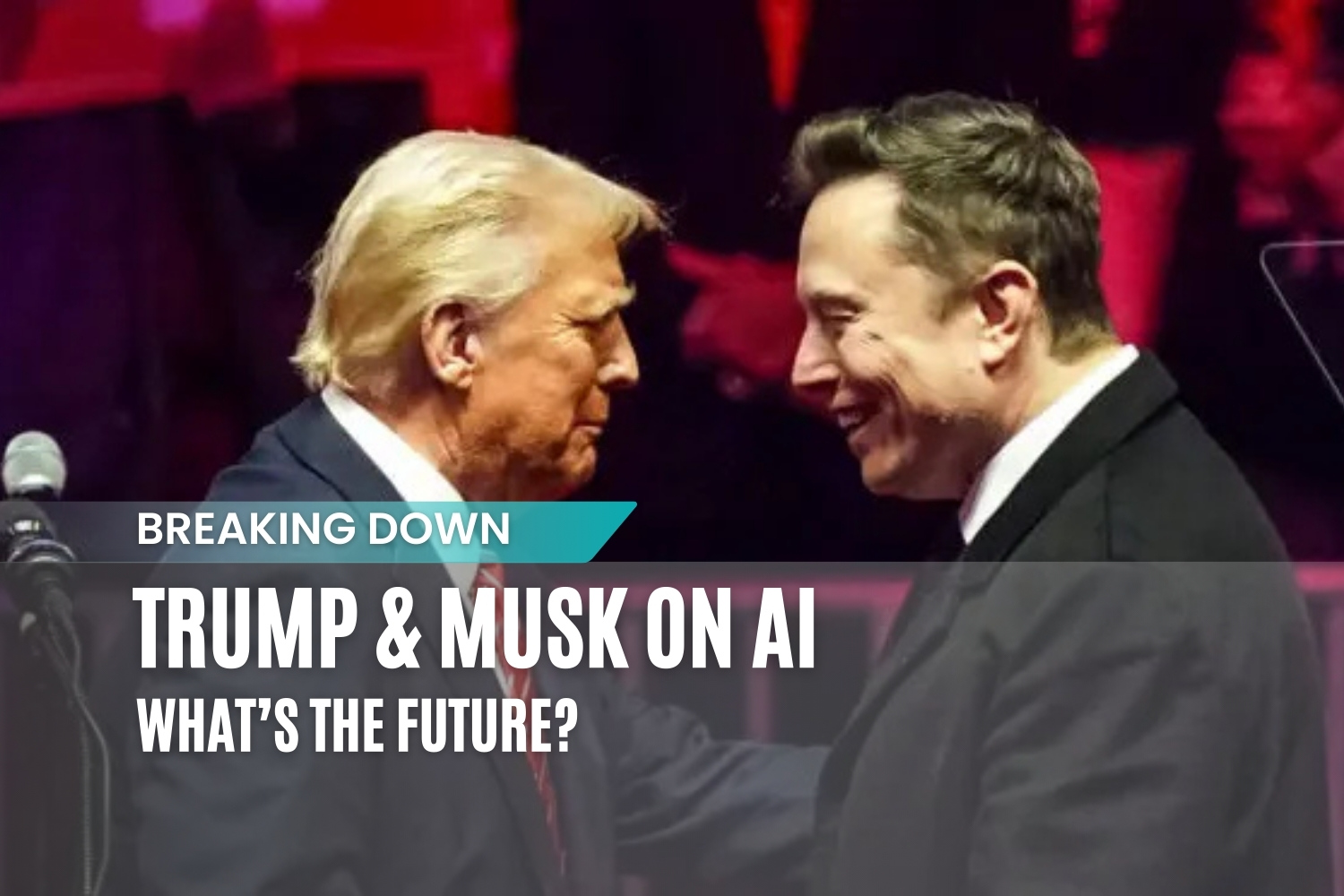
In a recent discussion, two of the most influential figures in tech and politics—Elon Musk and Donald Trump—shared their thoughts on AI’s future. But their views couldn’t be more different.
Musk, the tech visionary, believes in AI’s potential but warns about its risks. Trump, the political strategist, sees AI as a tool for national strength and economic power. Their conversation raised a critical question:
👉 Should AI be controlled by governments, businesses, or left to evolve freely?
Here’s a breakdown of their perspectives—and what it means for our future.
Musk’s AI Vision: Innovation with Caution
Musk has always been two steps ahead when it comes to AI. His companies—Tesla, Neuralink, and SpaceX—are already using AI in ways we never imagined.
But while he embraces AI, he’s also one of its biggest critics.
Musk is obsessed with the idea of merging humans with AI. His company, Neuralink, is already developing brain-machine interfaces that could allow humans to communicate with AI directly. It sounds futuristic, but Musk believes it’s the only way humans can keep up with artificial intelligence.
The idea of blurring the lines between humans and machines is both exciting and terrifying. Would we become super-intelligent beings or just tools for AI?
Musk has warned governments about AI’s dangers for years. But ironically, he also fears that too much regulation will stifle innovation.
This is a real dilemma—who gets to decide what’s safe and what’s restrictive? Governments, tech leaders, or everyday people?
Musk’s satellite internet service, Starlink, is already connecting remote areas. He sees this as a gateway for AI to reach the entire world, making advanced technology accessible to everyone.
AI won’t just belong to the big cities or tech giants—it’s going to spread everywhere. The question is, who controls it?
Trump’s AI Agenda: Power, Jobs & National Security
Unlike Musk, Trump doesn’t talk about merging with AI—he talks about controlling it.
For him, AI isn’t just about innovation—it’s about protecting American jobs and national security.
Trump has always pushed an America-first approach. He argues that AI shouldn’t replace workers but create more jobs instead.
This is a valid concern—AI automation is replacing jobs at a rapid pace. But is banning AI the solution, or should we rethink how we train workers?
Trump sees AI as the new arms race. With China rapidly advancing its AI capabilities, he insists that the U.S. must lead in AI-powered defense systems.
AI isn’t just about self-driving cars—it’s about warfare, cybersecurity, and global dominance. If AI falls into the wrong hands, it could be more dangerous than nuclear weapons.
Trump is also skeptical about big tech companies controlling AI. He wants AI development to be more competitive, so that no single corporation holds all the power.
Right now, AI is in the hands of a few major players (Google, OpenAI, etc.). If we don’t regulate it properly, we might be handing over too much control to private companies.
Key Takeaways: Where Are We Headed?
From this discussion, a few big themes emerged:
- AI will reshape jobs, security & daily life—whether we like it or not.
- Governments & tech leaders are struggling to agree on regulations.
- We are entering an AI arms race, where control over AI means global power.
- Ethical concerns remain—should we trust AI, regulate it, or even merge with it?
AI’s Future Is Up to Us
Musk and Trump may have different views, but they agree on one thing—AI will define the future.
Musk sees AI as a tool to enhance humanity. Trump sees it as something to regulate and control. But in the end, the real question isn’t what AI can do—but who gets to decide how it’s used.
AI isn’t some distant concept—it’s already shaping our world. Whether it’s job security, privacy, or even how wars are fought, the impact of AI is bigger than we think.
The future isn’t just about technology—it’s about who controls it. And that decision affects all of us.






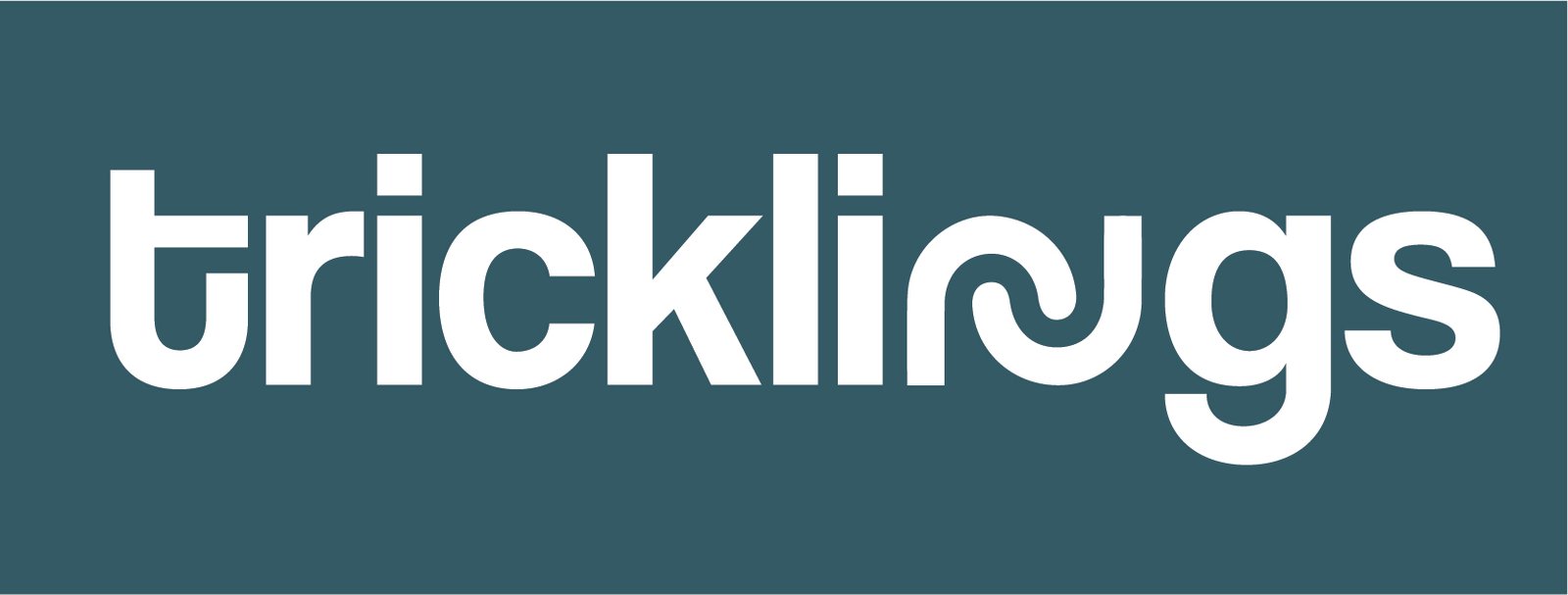





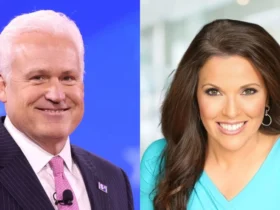









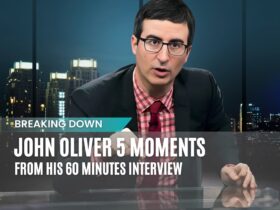

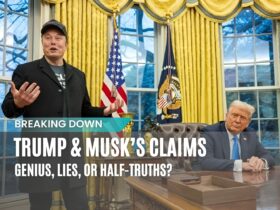

Leave a Review